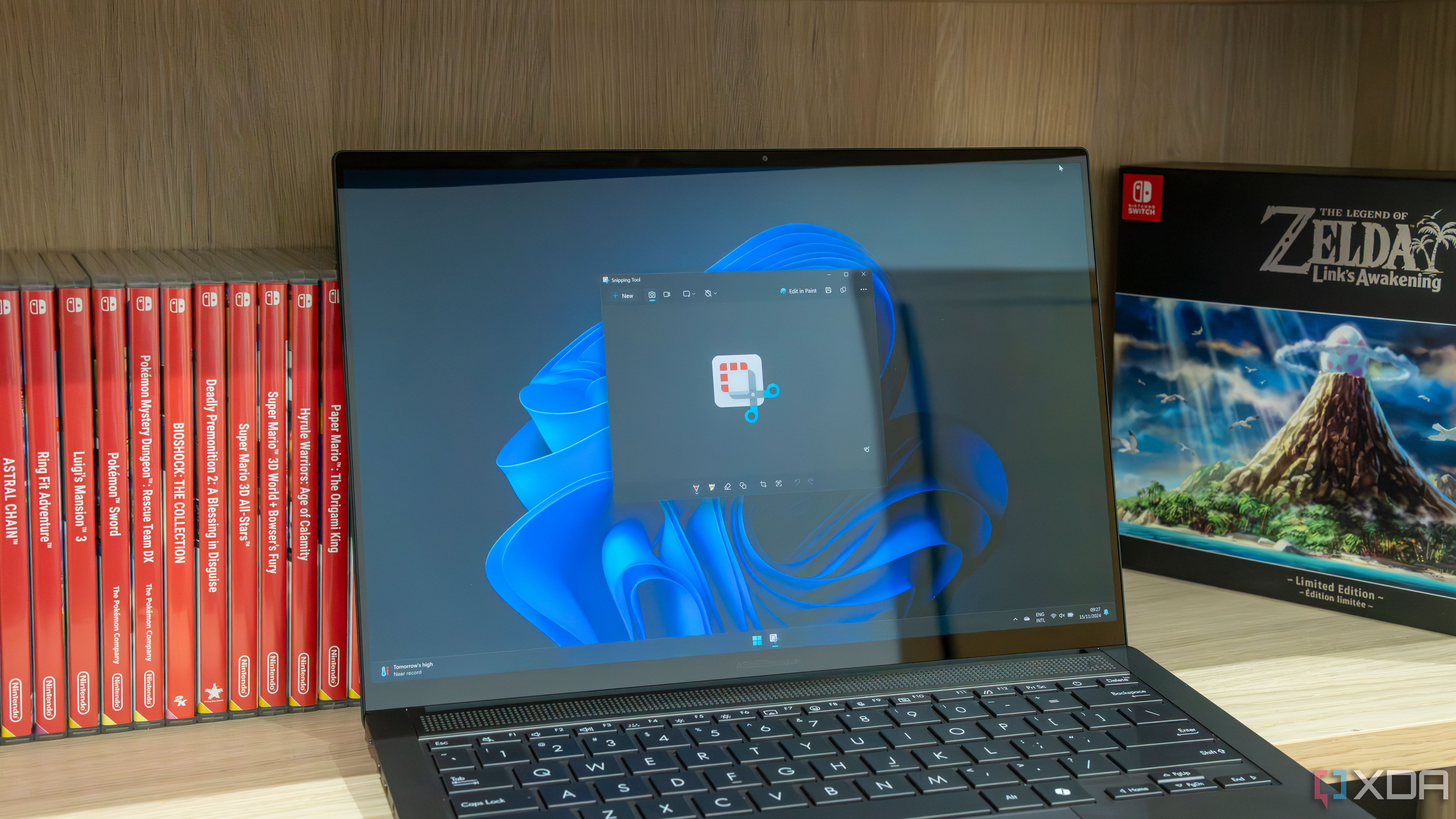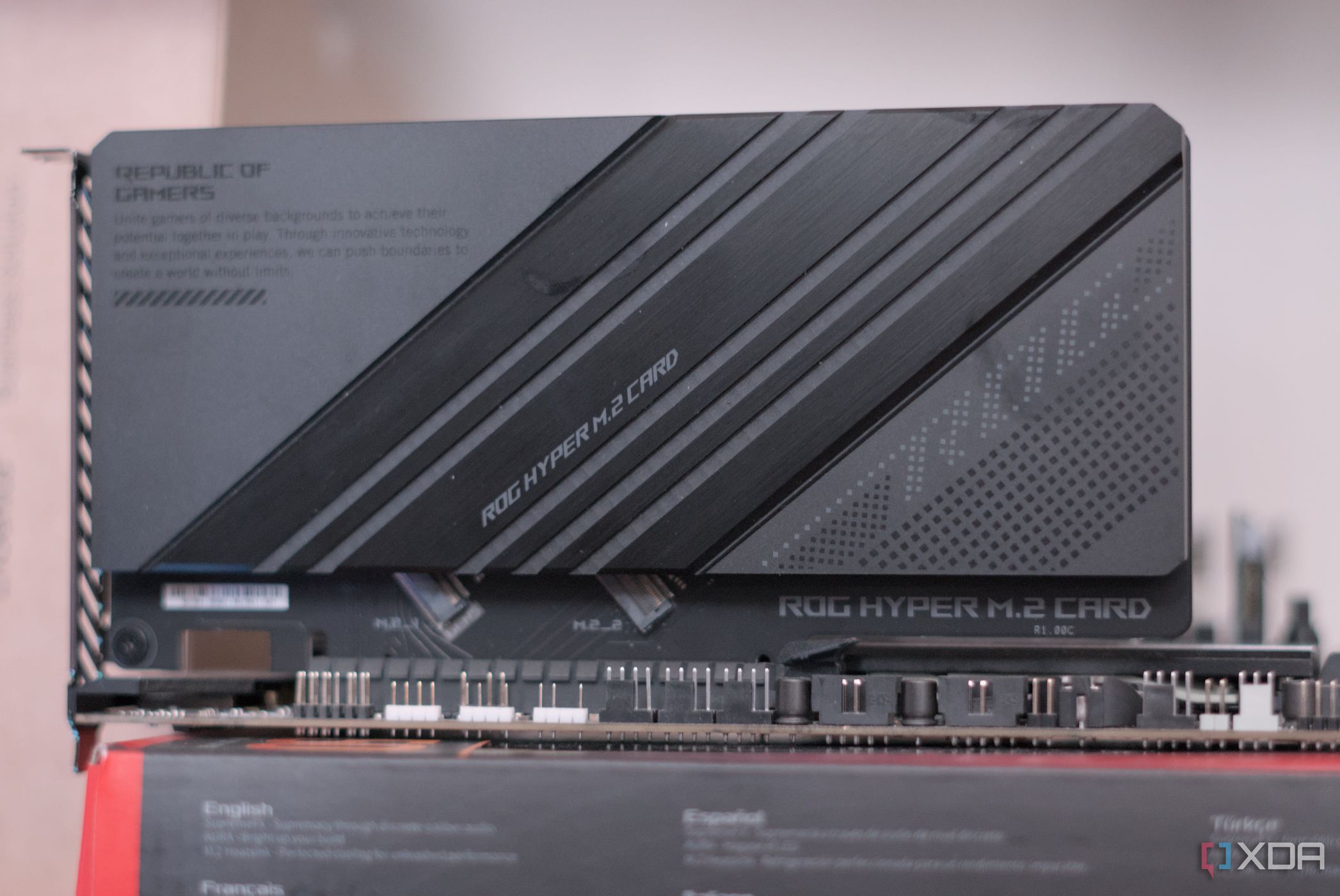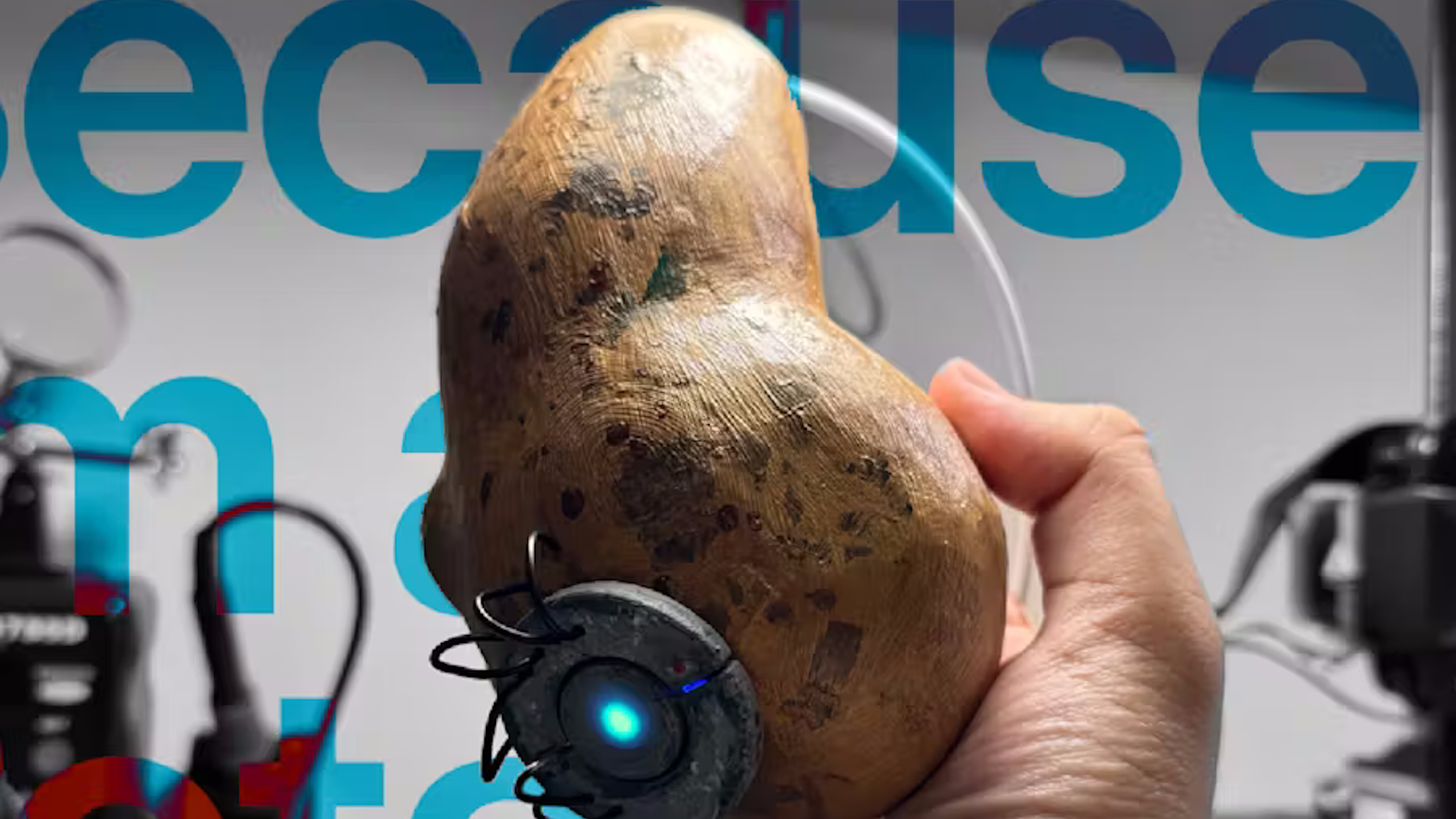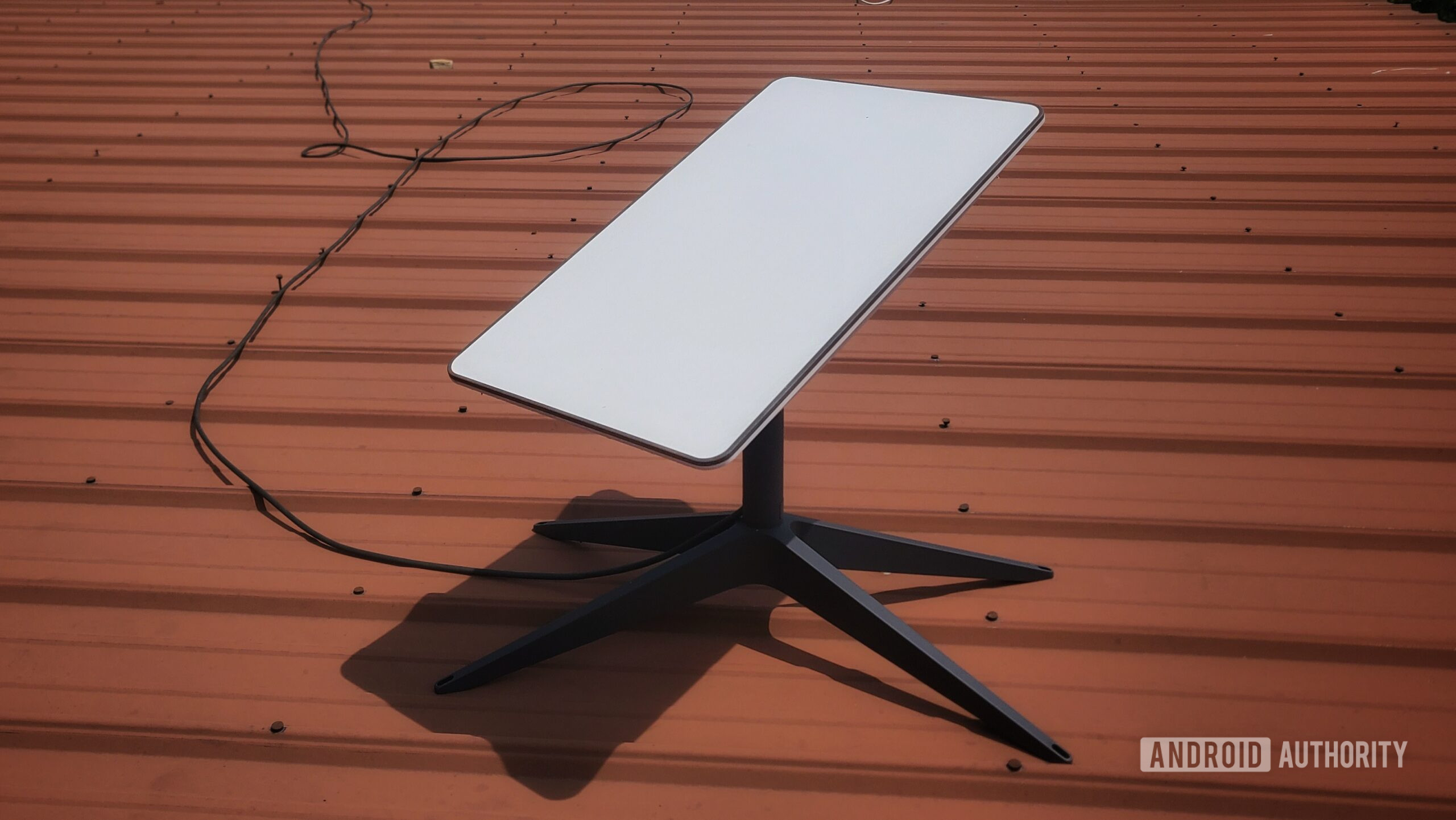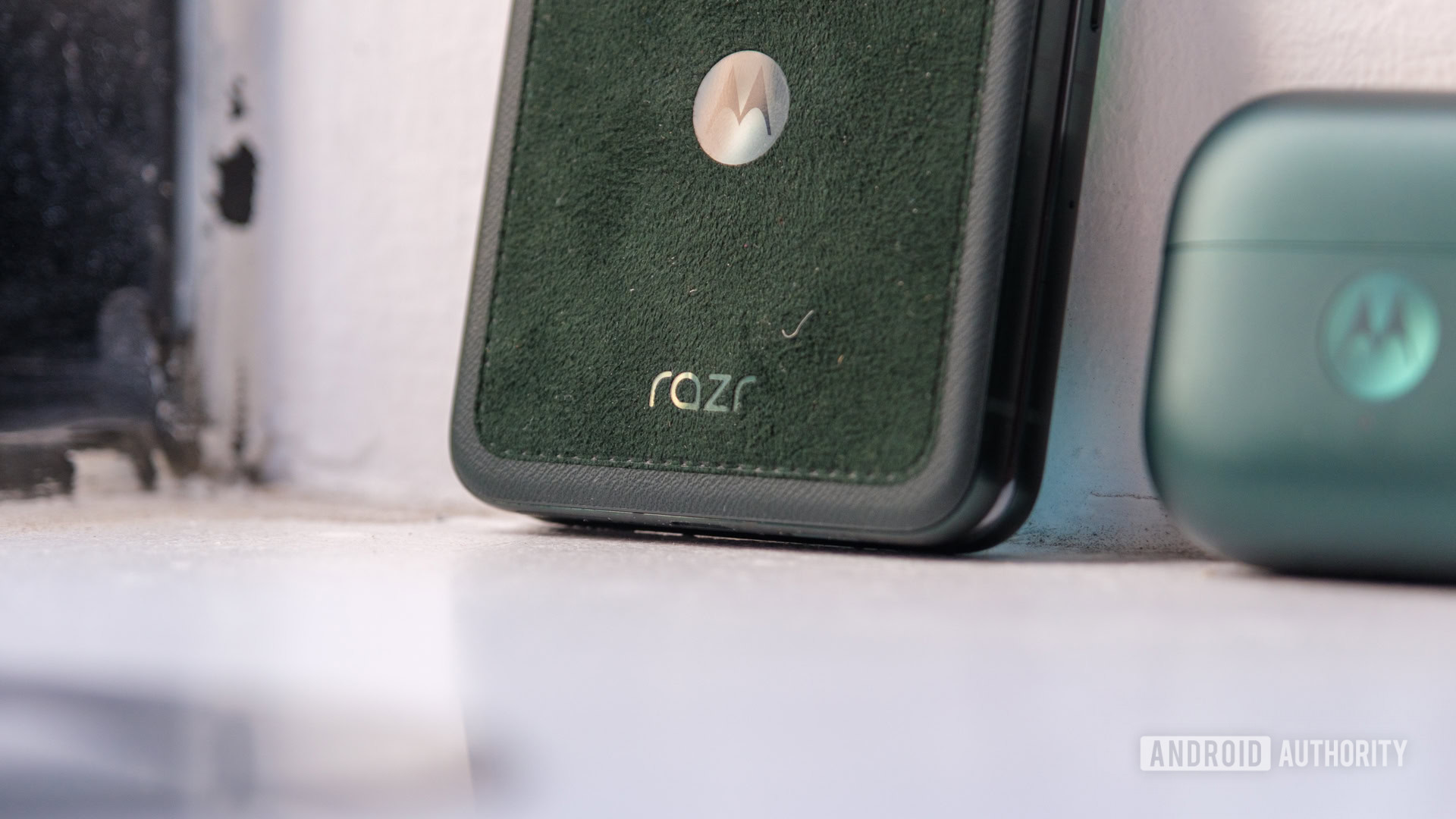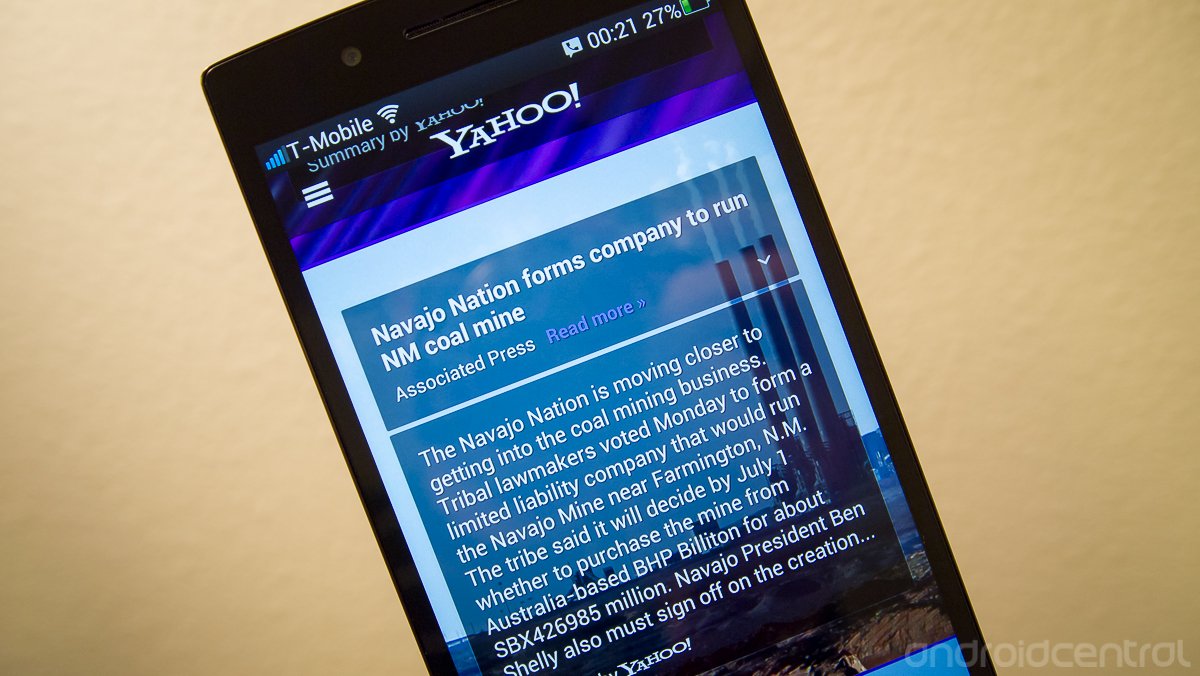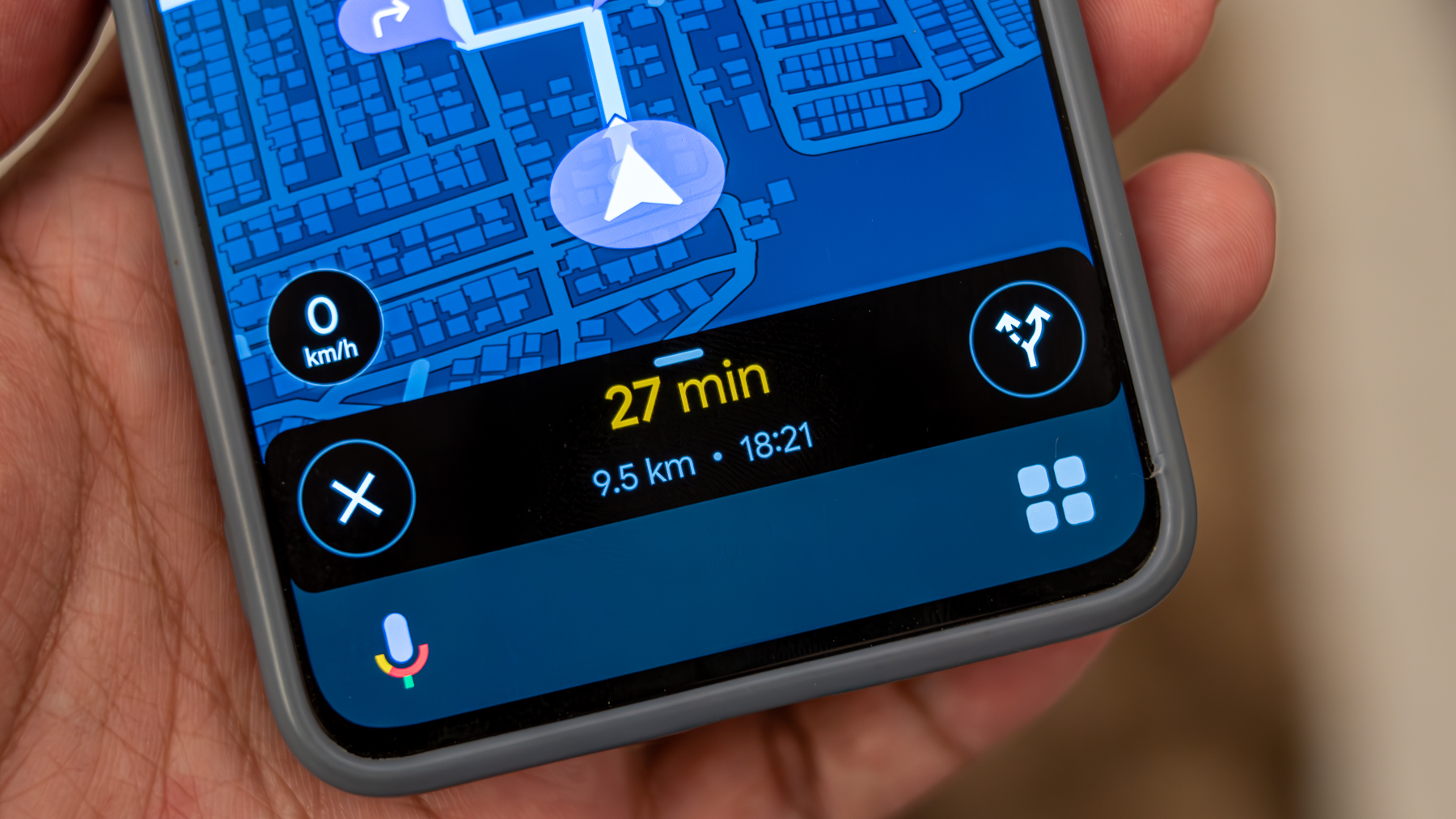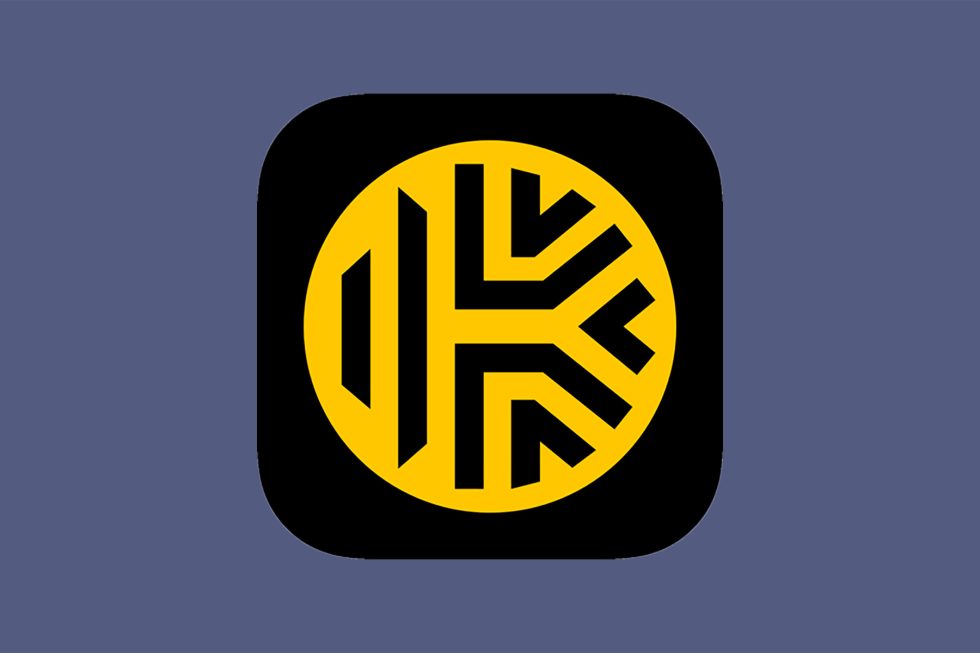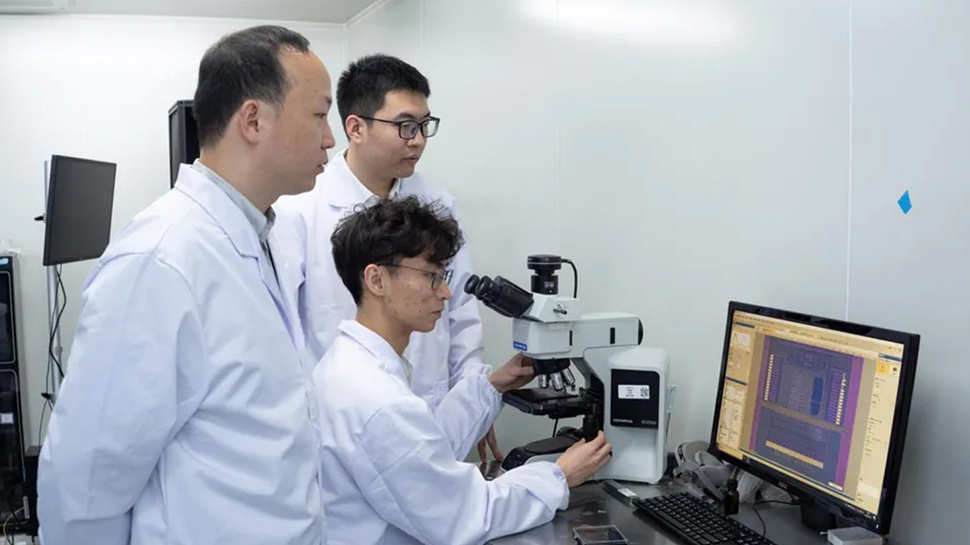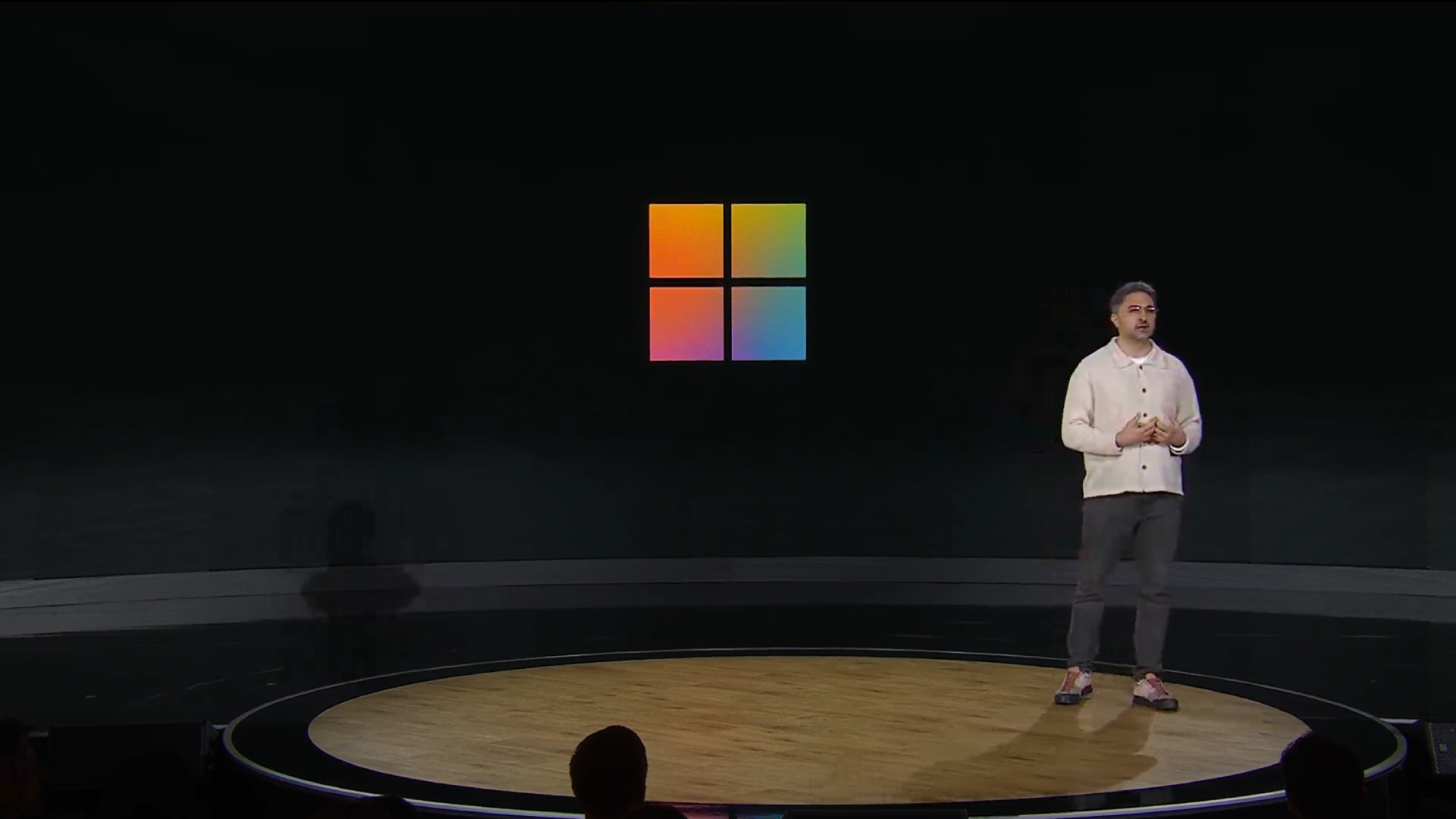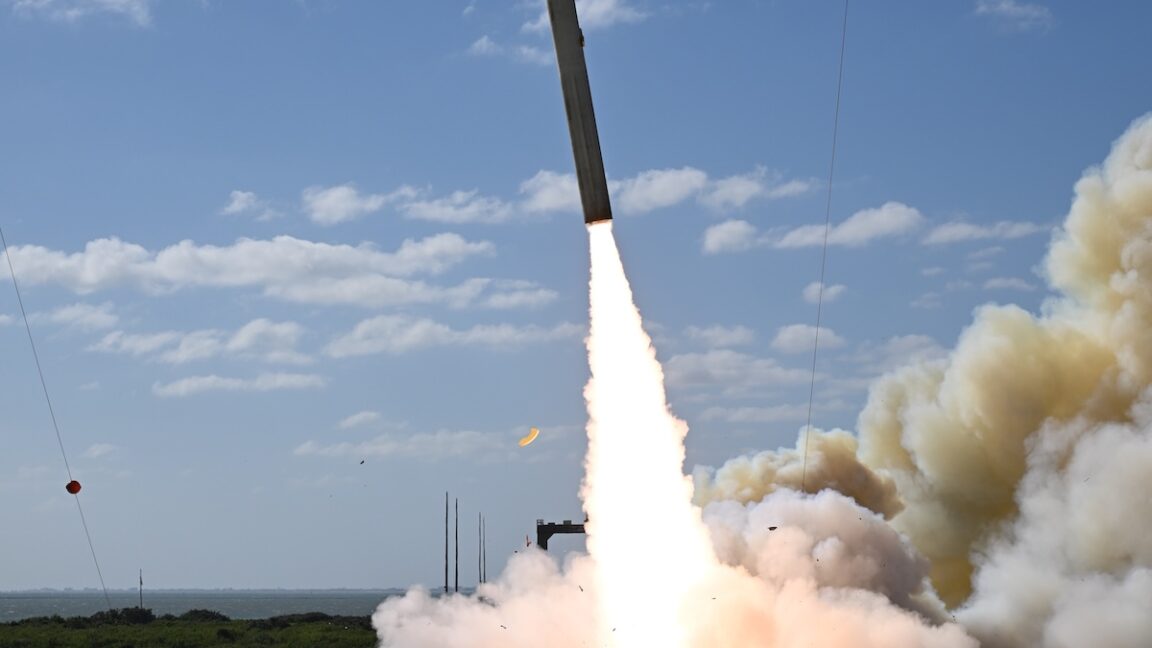XPrize In Carbon Removal Goes To Enhanced Rock Weathering
An anonymous reader quotes a report from IEEE Spectrum: The XPrize Foundation today announced the winners of its four-year, $100 million XPrize competition in carbon removal. The contest is one of dozens hosted by the foundation in its 20-year effort to encourage technological development. Contestants in the carbon removal XPrize had to demonstrate ways to pull carbon dioxide from the atmosphere or oceans and sequester it sustainably. Mati Carbon, a Houston-based startup developing a sequestration technique called enhanced rock weathering, won the grand prize of $50 million. The company spreads crushed basalt on small farms in India and Africa. The silica-rich volcanic rock improves the quality of the soil for the crops but also helps remove carbon dioxide from the air. It does this by reacting with dissolved CO2 in the soil's water, turning it into bicarbonate ions and preventing it from returning to the atmosphere. More than a dozen organizations globally are developing enhanced rock weathering approaches at an industrial scale, but Mati's tech-heavy verification and software platform caught the XPrize judges' attention. "On the one hand, they're moving rocks around in trucks—that's not very techy. But when we looked under the hood... what we saw was a very impressive data-collection exercise," says Michael Leitch, XPrize's technical lead for the competition. Here's a list of the runners-up: - Paris-based NetZero won $15 million for turning agricultural waste into biochar through pyrolysis, a method that locks carbon into a stable, solid form. - Houston-based Vaulted Deep won $8 million for geologically sequestering carbon-rich organic waste by injecting it deep underground. - London-based Undo Carbon won $5 million for its enhanced rock weathering approach, spreading silicate minerals to speed up natural carbon removal. Additionally, Project Hajar and Planetary Technologies each received $1 million honorary XFactor prizes, recognizing their promising work in direct air capture and ocean carbon removal, despite not meeting the competition's 1,000-tonne removal threshold. Read more of this story at Slashdot.

Read more of this story at Slashdot.







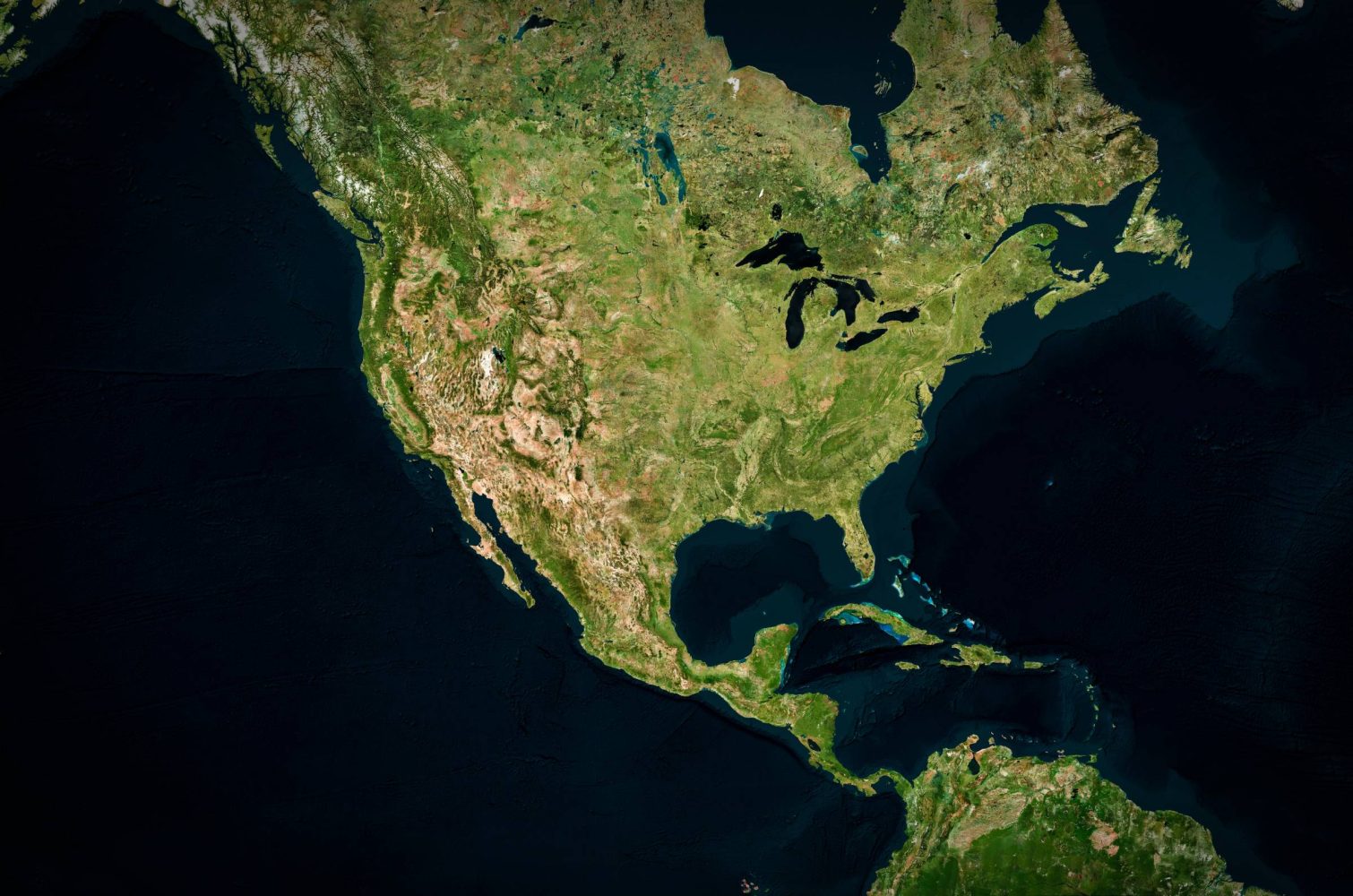

![This new Google TV streaming dongle looks just like a Chromecast [Gallery]](https://i0.wp.com/9to5google.com/wp-content/uploads/sites/4/2025/04/thomson-cast-150-google-tv-1.jpg?resize=1200%2C628&quality=82&strip=all&ssl=1)


